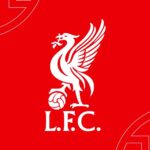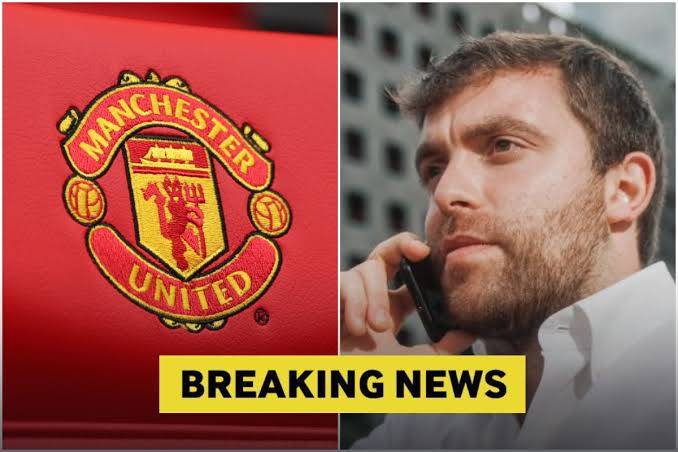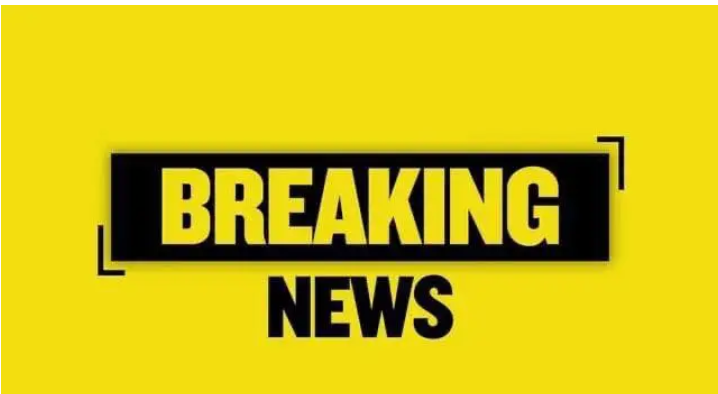Man Utd Let Go of ‘Big Disappointment’ – Now He’s Outshining a £44m Striker
In the ever-turbulent world of football transfers, some decisions prove costly. Manchester United may be facing one of those regrets with the sale of Anthony Elanga. Once viewed as a promising academy product, Elanga was sold in 2023 after being deemed underwhelming. Less than two seasons later, he’s thriving at Nottingham Forest, even outperforming Wolves’ £44 million signing, Matheus Cunha.
Elanga’s story began with promise at United, where he joined the academy at 12 and made his senior debut under Solskjær in 2021. He had flashes of brilliance — including a Champions League goal — but struggled for consistent minutes, particularly under Erik ten Hag. With no goals and just two assists in 26 appearances in 2022–23, he was sold for £15 million.
His revival at Forest, however, has been remarkable. The team’s style suits his speed and directness, and by May 2025, Elanga had eight goals and nine assists — contributing to nearly half of Forest’s Premier League goals. Beyond stats, he’s shown maturity in his play, something he lacked at United.
In contrast, Wolves’ Cunha has struggled to justify his price tag, with only six goals and five assists, despite being a big-name signing. Elanga’s superior output at a club fighting relegation raises questions about Premier League clubs’ transfer strategies — why overlook homegrown talents for expensive imports?
United’s issues on the wings this season — with injuries, poor form, and off-field issues affecting players like Sancho, Antony, and Rashford — make Elanga’s departure seem even more ill-timed. Even Rio Ferdinand has commented on the situation, pointing out how consistent minutes and trust have unlocked Elanga’s potential.
The situation also reflects broader problems during Ed Woodward’s tenure at the club, where emphasis was placed on marquee signings over nurturing academy players. Similar talents like James Garner and Angel Gomes were also let go without real opportunity.
Elanga’s rise is a lesson in patience and development. His success suggests that sometimes the best answer isn’t another high-priced transfer — it’s believing in the players you’ve already developed.





